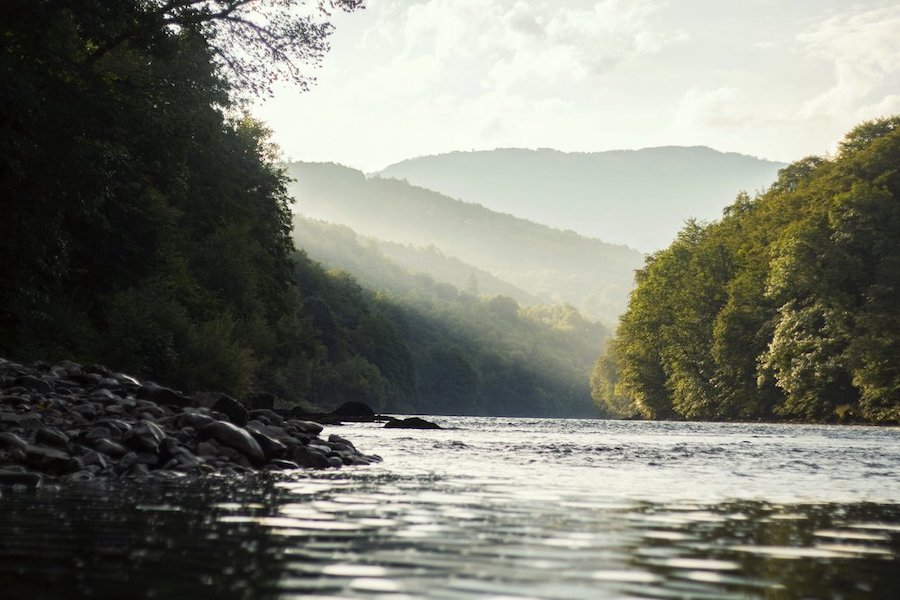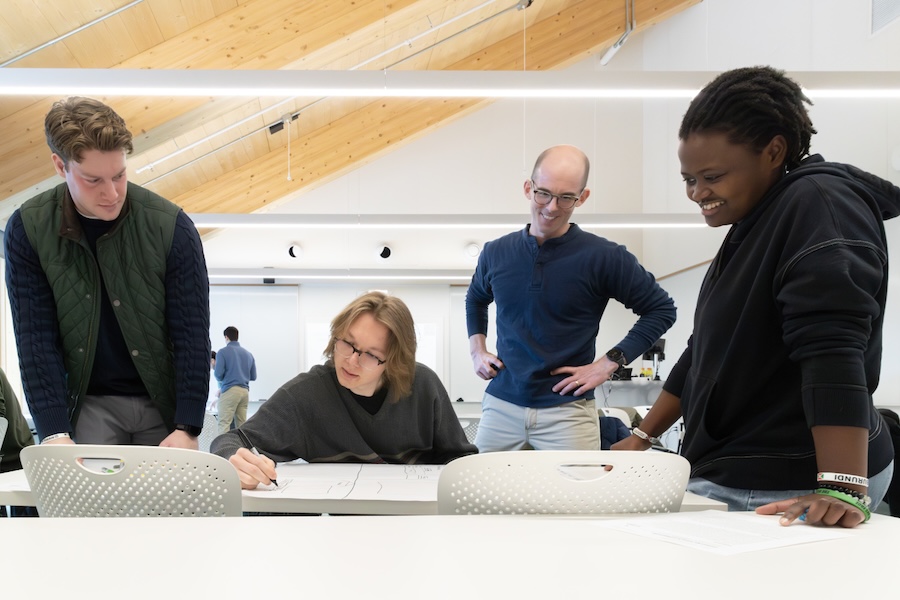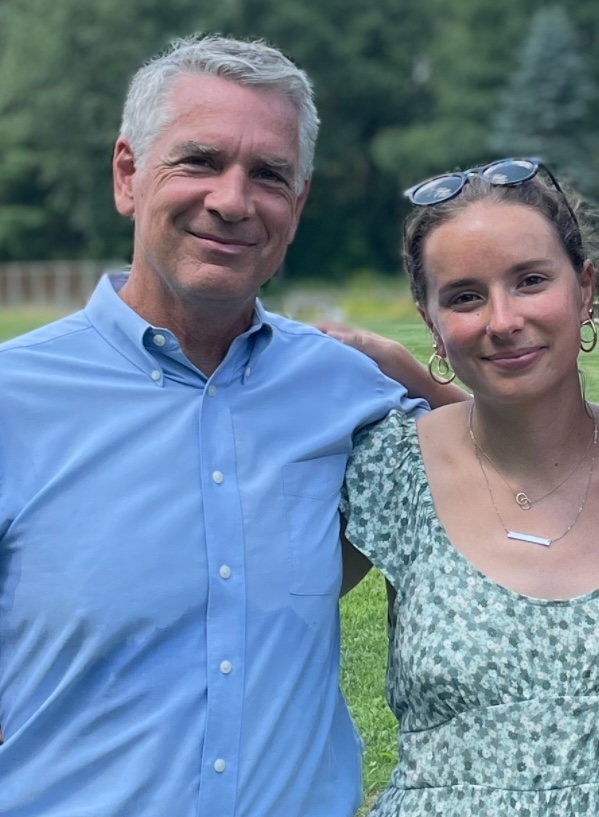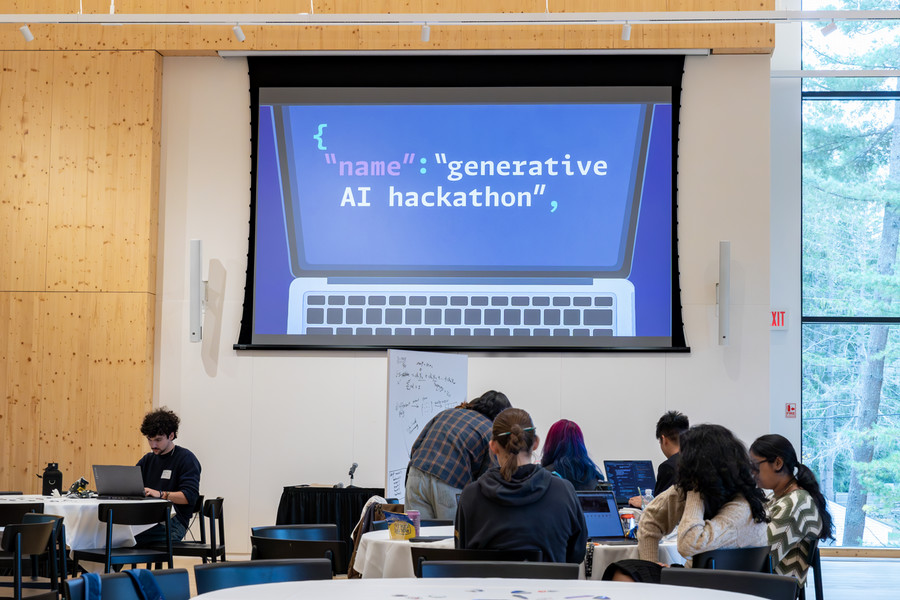Peace Project Recipients Prove the Power of Taking Action
By Rebecca GoldfineBojana Drca ’24 traveled back to Serbia to help inspire young people to take action and demand a greener, more sustainable environment.
Usira Ali ’22 worked in Portland, Maine, to achieve her goal of ending the custom of female genital mutiliation (FGM) and promoting good health among Maine's immigrant and refugee communities.
Projects for Peace each year awards 100 or more college students with a $10,000 grant to implement a grassroots project anywhere in the world that will help fortify the foundation of a peaceful society.
Students interested in applying for a grant for next summer should schedule a meeting with Meg Springer, senior associate director of Career Exploration and Development, no later than November 18.
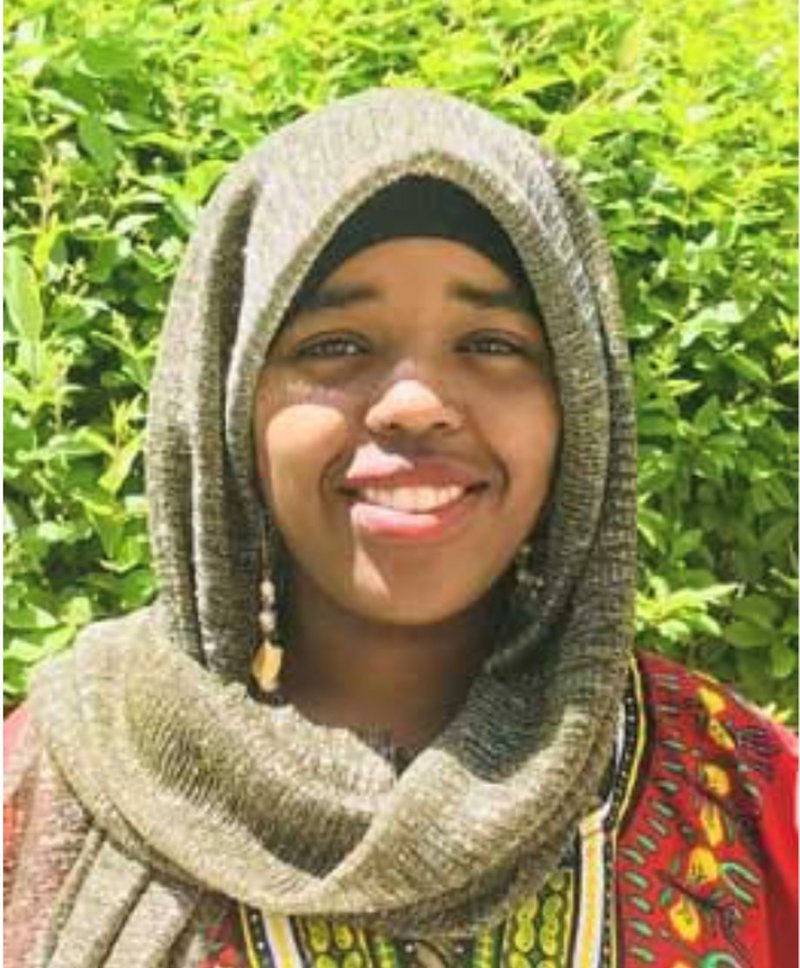
Usira Ali, A Safer Future
Ali was born in Somalia, grew up in Portand, and graduated from Bowdoin in May after majoring in biochemistry and minoring in gender, sexuality, and women's studies. This summer, she implemented her project in her home community, where she's spent most of her life. She said she received a warm reception. "My community embraced me and welcomed my ideas with an open mind and a willingness to help me in any way possible," she said.
With assistance from the Maine Youth Network, Ali led a series of workshops for members of her Muslim and immigrant community. These meetings addressed the topic of female genital mutilation and its debilitating after-effects, as well as sexual health, mental health, and substance abuse.
For her workshop on female cutting, she invited women ages eighteen to thirty to attend. "...This age range represents future mothers at risk of falling into the same cycle of raising FGM survivors," she said. "This age group has the potential to eradicate the practice."
The workshop included a presentation by Atia Werah ’22, who presented her research on older generations' views of female cutting. "This workshop promoted healthy conversations, safe space for survivors and non-survivors alike, and it allowed us to see the reasons why our mothers and grandmothers decided to continue this practice and why our generation will be the last to practice it," Ali said.
To complement this work, Ali also made a resource guide for FGM to leave at health care provider offices, resource and community centers, and mosques.
Ali is currently working in Portland as a certified medical assistant as she prepares to apply to medical schools.
"Peace to me means a collaborative effort toward building the future we all want to live in."
Bojana Drča ’24, For Air, Water, and Land
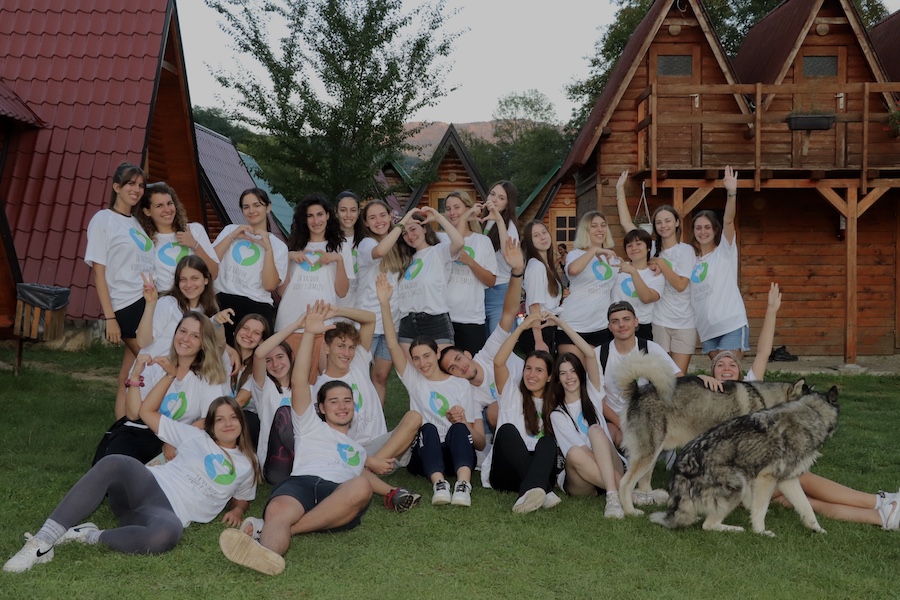
Drča, who is majoring in economics and government and legal studies, traveled to Belgrade, Serbia, her home city. "For so long I have wanted to have an impact, and I felt guilty studying in the US while my family and millions of people deal with the consequences of the lack of concern for sustainability and green living," she said.
Environmentalism is "an undeveloped topic" in Serbia. Part of this lack of awareness in her country, Drča explained, is the educational system, which encourages rote memorization and repetition over critical thinking. To counter this, she developed a summertime program called For Air, Water, and Land to challenge students to question and analyze, while also making "learning about ecology fun."
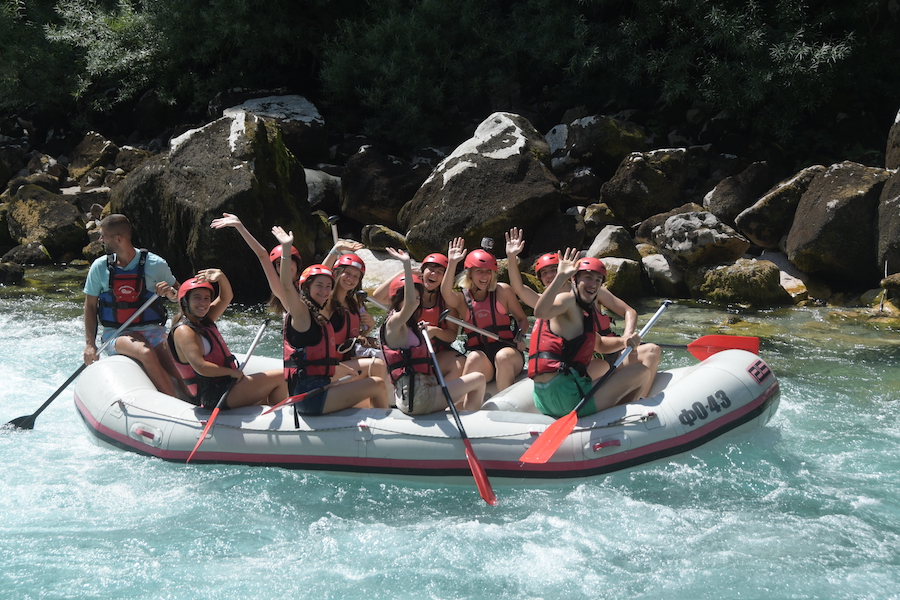
After soliciting applicants for her program, she led workshops, invited guest speakers, organized a rafting expedition, and encouraged her students to research and do a presentation on an ecological problem in Serbia. She also asked them to propose solutions. "My goal was for them to understand that no environmental problem exists in a vacuum," she said. The students researched the historical, scientific, social, economic, legal, and political aspects of problems as they considered a realistic and equitable way to address them.
Her students came from around the country, both villages and cities, as well as polluted areas, "and therefore were able to add to the discussion tremendously with their insights," she added.
Now that she has completed the project, Drča said she's better connected to many more environmental organizations and activists, a network that will help her continue to work on sustainability and youth action. "As I said to all my partners, this is not the end, but only the beginning of our working together and bringing a more accessible and sustainable future."
Drča is currently studying abroad in Buenos Aires, focusing on human rights and social movements.
"This project has completely changed the way I think about the world. I realized that anyone can create change if they desire." Bojana Drča
